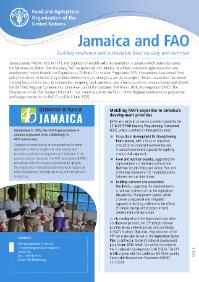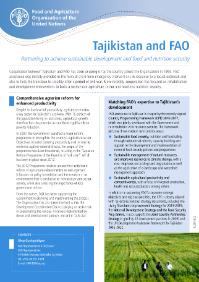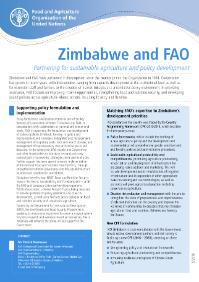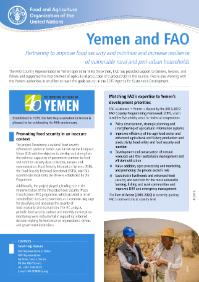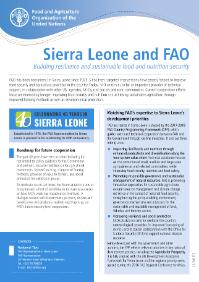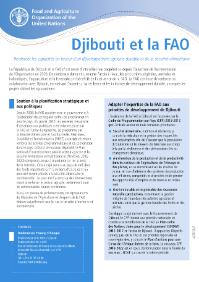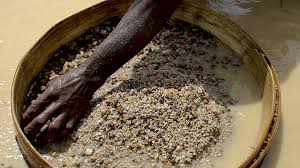Profil de Pays – Niger
Ce profil de pays décrit l’état des ressources en eau et l’utilisation de l’eau, ainsi que l’état de la gestion de l’eau agricole dans le Niger. L’objectif de cette monographie est de décrire les particularités du pays et les problèmes rencontrés dans le développement des ressources en eau et de l’irrigation en particulier.


